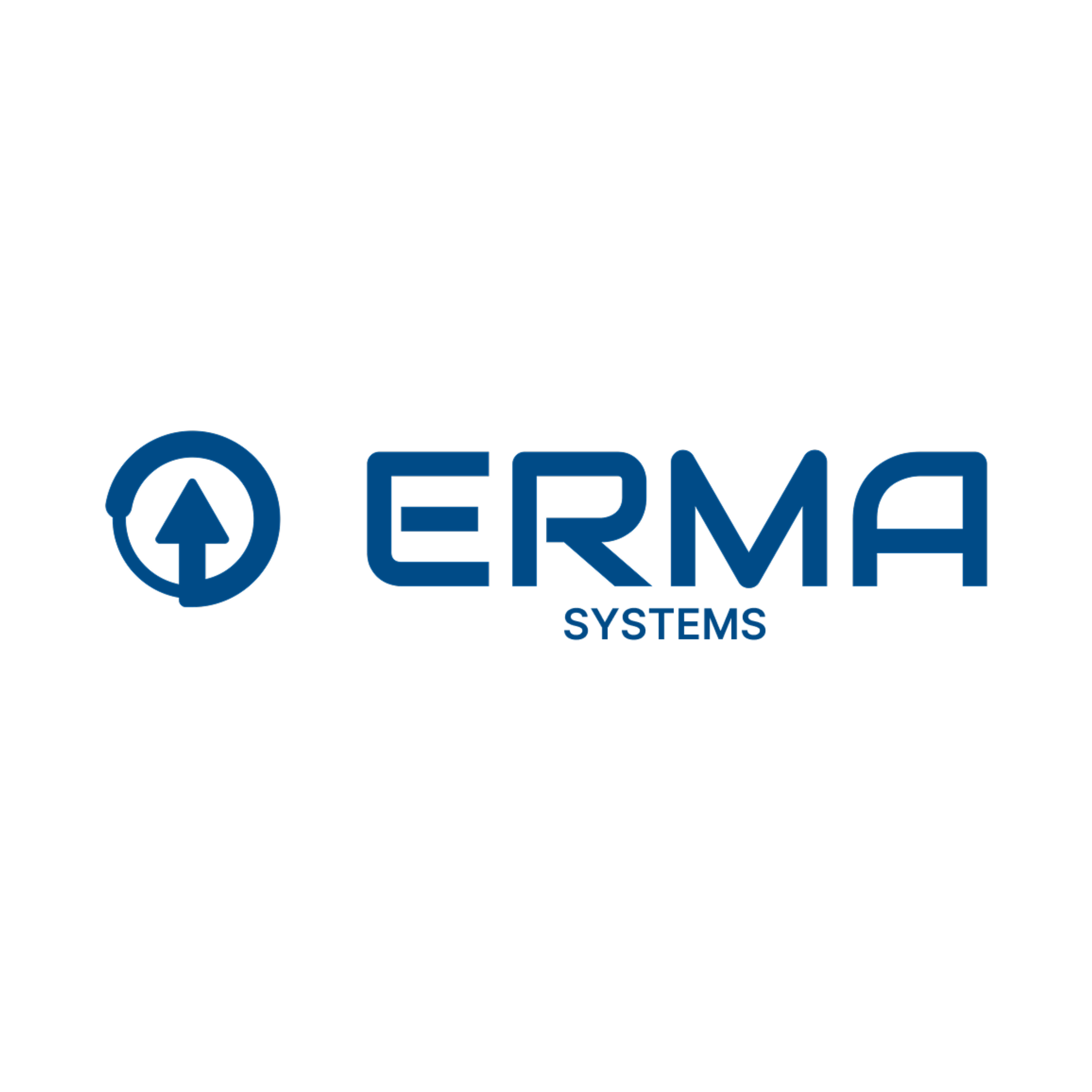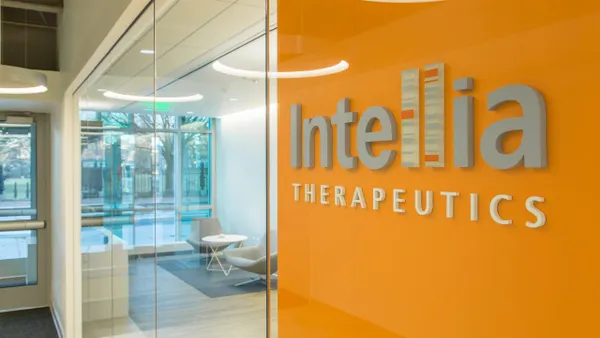Merck & Co.’s partner Kelun-Biotech said Monday the combination of its TROP2-targeting antibody-drug conjugate, given with Keytruda, has the potential to be a new first-line treatment for people with lung cancer, following the success of a late-stage study.
According to Kelun, a trial titled OptiTROP-Lung05 found the combination of its ADC and Keytruda led to an improvement in progression-free survival compared to Keytruda alone as first-line treatment in people with non-small cell lung cancer, or NSCLC, that’s positive for a protein called PD-L1. The combination also demonstrated a “positive trend in overall survival.”
Kelun plans to discuss these results with Chinese regulators for a potential approval application.
The late-stage trial is the first pairing of an ADC and an immune checkpoint inhibitor to achieve its primary endpoint in the first-line treatment of NSCLC, Kelun said. The ADC — known as “sacituzumab tirumotecan” or “sac-TMT” — goes after a protein expressed in multiple cancers. This “TROP2” protein is also the target of Gilead Sciences’ Trodelvy and AstraZeneca and Daiichi Sankyo’s Datroway.
Kelun’s drug is already approved for two NSCLC indications as well as triple-negative breast cancer in China. Merck holds rights to the TROP2-targeting drug outside of China, including in the U.S.
Merck first partnered with Kelun in 2022, gaining rights to multiple early-stage ADCs, including sac-TMT, as part of a broader effort by the pharmaceutical giant to develop new cancer drugs that could offset eroding revenue from Keytruda, which is set to lose patent protection this decade.
Merck is currently testing the candidate in 15 global Phase 3 clinical trials across six tumor types, including endometrial, breast and lung cancers. Recently, Blackstone Life Sciences agreed to fuel the development of the experimental candidate with a $700 million funding deal in exchange for royalties on potential sales of sac-TMT across all approved indications.
While the Phase 3 study of sac-TMT was conducted in China, the results raised investor optimism around the drug’s future.
“Overall, we're bullish on sac-TMT and think sac-TMT could end up being what investors originally thought Datroway could be for AstraZeneca, a $10 billion plus opportunity and be a narrative shift for Merck,” Jefferies analyst Akash Tewari wrote in a note to clients Monday.
Leerink Partners analyst Daina Graybosch wrote last month, following presentations at the European Society for Medical Oncology, that sac-TMT “may have the best-in-class Trop2 ADC profile, showing the most consistently robust clinical benefit across tumor types and settings.”
Meanwhile, other TROP2-targeting ADCs are being evaluated for lung cancers. Researchers are testing Datroway in combination with chemotherapy and Imfinzi as a first-line treatment for NSCLC.
Additionally, Gilead is investigating Trodelvy plus Keytruda in the first-line setting for those with PD-L1-positive NSCLC.















